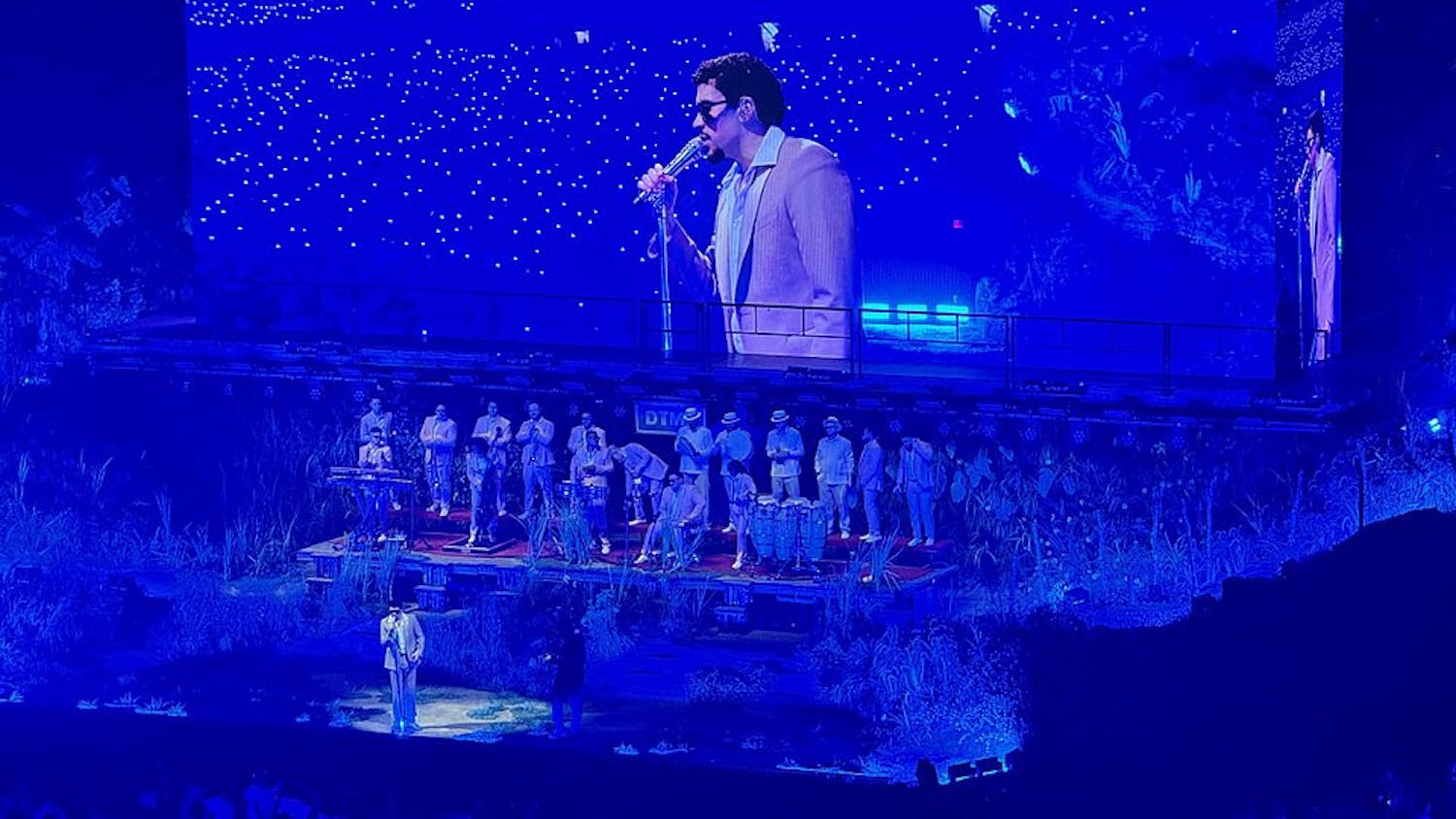Whether or not you have the time or the brainpower, it’s time to hunker down with Rosetta Stone and start saving up for a trip to Spain or Argentina. Why is this? Because being bilingual is becoming a hot commodity in the job market. Behind the scenes of the sexiness that comes with speaking a foreign language, there seems to be a weird power struggle between languages. Here in the United Sates, I see two extremes. One of them rewards bilingualism and one simply and stubbornly considers English to be the superior language in the United States.
I have always tried to differentiate myself from the norm in a desperate attempt to stand out in both social and professional situations. But being a middle class white female from the United States makes this attempt to stand out difficult. One of my many stunts to stand out occurred during my junior year of high school when I decided to uproot my entire life and move to Spain for a year to learn the Spanish language the correct way. Immersing yourself in a culture is, in my opinion, the best way to learn the culture’s language. This so-called “stunt” turned out to be the best decision of my life so far and opened my eyes to what we will call a world becoming smaller due to globalization.
This is a concept I have seen very little of here in the United States with regard to languages. For whatever reason, we can’t seem to fathom the idea of being a bilingual country and as far as I’m concerned, it seems we’ve been trying to avoid it entirely. The fact is within the next 30 years, if Hispanic immigration continues as it is going now, the United States will be home to more Spanish speakers than any other country in the world. Not to mention, right now we’re second only to Mexico. When this happens, it will be hard to be a respectable United States citizen if all you can speak is the English language, not to mention the difficulty you will find in the professional world as being bilingual is extremely marketable to the ever-increasingly competitive job market.
The United States has a tricky concept that has two very extreme views when it comes to being bilingual; It’s both favored and ignored. In the professional world, being bilingual pays. It’s an asset that allows the worker more opportunities because it stands out and suggests flexibility and the ability to do things other workers are unable to do. In fact, the government, along with many other professions, pays bilingual workers more than monolingual workers. I would predict within the next 10 years it is going to be hard to stand out in the professional world without having a foreign language under your belt. Professionally, the push for bilingualism is bigger than ever. As college students, this is definitely a development we should be paying attention to as we will very shortly be entering the professional world ourselves.
On the other hand, there is an unspoken pride that comes with being a United States citizen. Something we could call “American exceptionalism.”
We have this inaccurate idea we can go anywhere in the world and be able to find someone we can communicate with. As a “country of immigrants” and a “melting pot,” we say we accept the growing population of non-English speaking people. We welcome immigrants by saying “we’re all the same,” “we understand the struggles,” but only if this growing population of Hispanics can adapt to our American lifestyle and learn our English language. Although it might make our lives easier as native English speakers, all it is really doing is hurting us.
What I see is people who only speak English have way more social and professional power than people who only speak Spanish, but I feel this is going to change in the near future. What will happen when there are just as many Spanish speakers and English speakers in the United States? Which language will hold more social and economic power? And an even better question—should either language hold more power or the same? How will we adapt to this new lifestyle that is becoming more and more inevitable? When this happens, native Spanish speakers will hold all the cards. Part of what comes with the territory of being a United States citizen is you have to learn English. As they become bilingual, a vast majority of native English speakers will continue to rely on their single “superior” language to communicate effectively.
To repeat my previous, important advice—I think it’s time you have a chill session with Rosetta Stone and save up those dollars for a trip to Spain or Argentina because it’s time to learn the Spanish language, my friend.
Jane is a sophomore majoring in Spanish. Do you agree with her that being bilingual is an invaluable asset? Will Americans adapt to this? Please send all feedback to opinion@dailycardinal.com.





